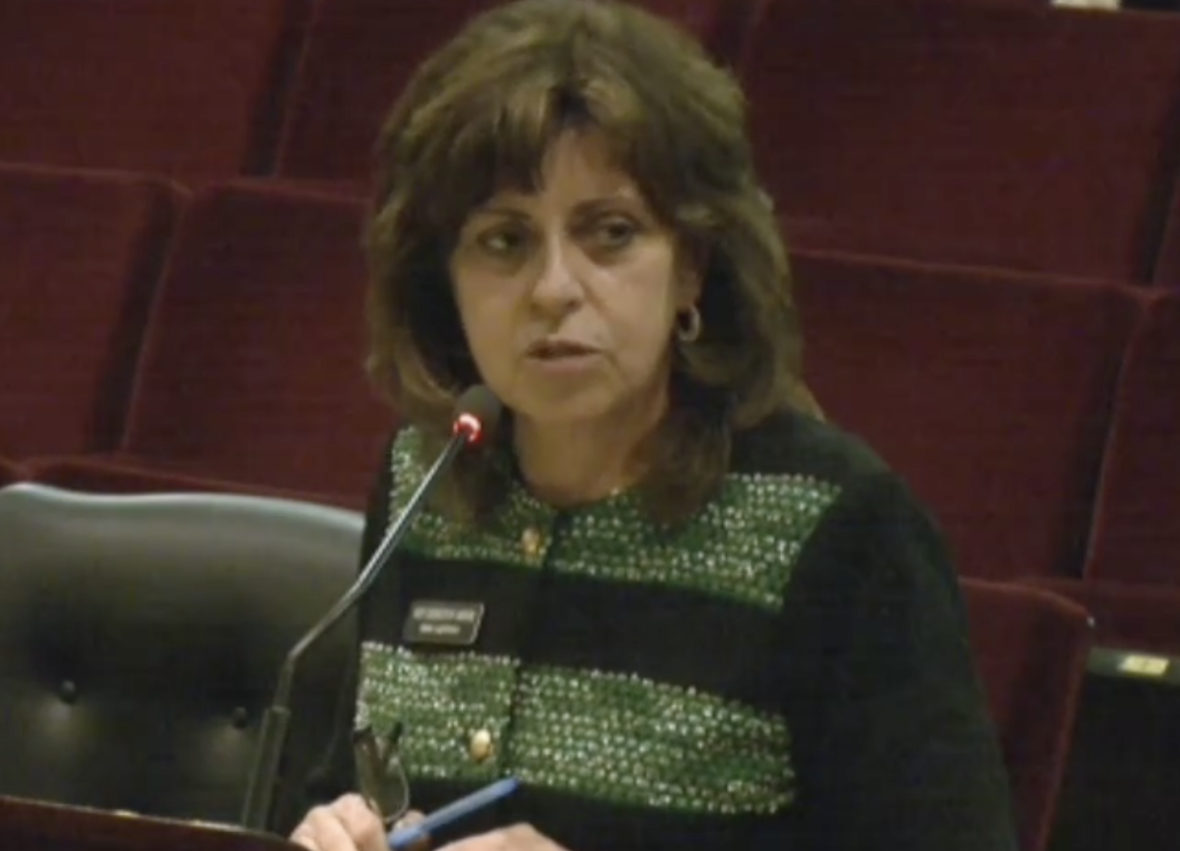
Senators killed a House-passed bill Wednesday that would have allowed school boards to bypass negotiations with local teachers unions.
The Senate Education Committee vote came after lawmakers took remote testimony from teachers and union representatives from St. Maries to Rupert, all in opposition.
“(This is) an offensive ploy to disenfranchise teachers,” said John Thomas, a teacher from Wood River High School in Hailey.
Dubbed the “shall-to-may” bill, House Bill 174 would have made a simple but controversial change in state law. It would have given local school boards the option of negotiating with local teachers union. The current law requires the parties to negotiate.
The bill’s sponsor, Rep. Dorothy Moon, said this status quo opens students to “collateral damage” if a union acts in bad faith.
“A union that acts poorly must still be afforded negotiation,” said Moon, R-Stanley.
A flashpoint in Wednesday’s debate was an October “sickout,” organized by West Ada Education Association members to protest the district’s school reopening plans. The move closed the state’s largest school district and constituted an “illegal strike,” said Anna Miller of the Idaho Freedom Foundation, a conservative group that supported a lawsuit challenging the legality of the sickout. (Both parties dismissed the case in November, after union leaders said they would not encourage future work stoppages.)
But while Moon and Miller cited the “sickout” as justification for the bill, Idaho Education Association attorney Paul Stark called the argument a red herring. The sickout, he said, was unconnected to the collective bargaining process HB 174 would address.
Opponents also raised concerns about teacher morale. Twin Falls teacher Peggy Hoy said HB 174 echoed Propositions 1, 2 and 3 — the polarizing education laws, pushed by then-state superintendent Tom Luna, that included limitations on collective bargaining. In November 2012, voters overwhelmingly rejected the three laws.
“This dangerous piece of legislation does absolutely nothing for the students,” Hoy said.
Even before testimony began, Sen. Dave Lent began pushing colleagues and said HB 174 could prove to be the “last straw” for teachers, and suggested supporters were trying to score political points off of education turmoil caused by the pandemic.
“I’m very concerned that we’re leveraging this situation,” said Lent, R-Idaho Falls.
HB 174 had passed the House last week on a 45-25 vote.
Idaho Education News covered Wednesday’s hearing remotely.
